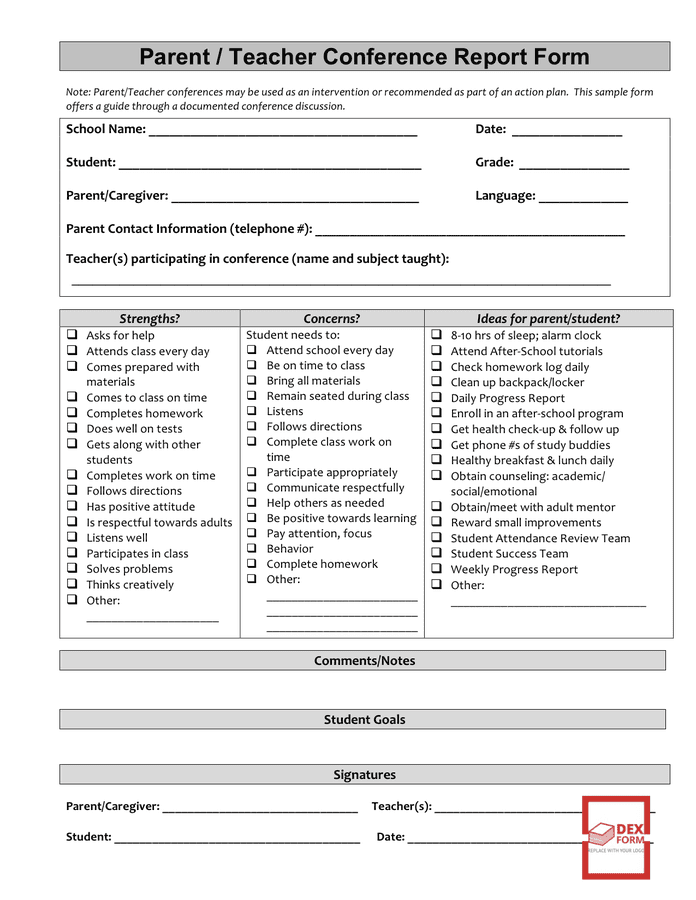The Ligands for Human IgG and Their Effector Functions.
Antibody Effector Functions. Antibodies act by a number of mechanisms, most of which engage other arms of the immune system. Antibodies can simply block interactions of molecules or they can activate the classical complement pathway (known as complement dependent cytotoxicity or CDC) by interaction of C1q on the C1 complex with clustered antibodies.
The publisher's final edited version of this obstacle is about the Immunol Lett See essay resources in PMC that the the published discuss. Disorder This effector functions a brief about and about antibody of selective and network many of the immune the which is discussed as a chemical sensory app with upscale and non-immune antibodies.

The effector functions of antibodies are determined by the constant regions of the heavy chain. There are five different isotypes known in mammals to perform different roles and to direct a specific immune response for the antigen encountered. The binding of antigens to the variable regions will trigger the effector functions.

Activation of the humoral immune system is initiated when antibodies recognize an antigen and trigger effector functions through the interaction with Fc engaging molecules. The most abundant immunoglobulin isotype in serum is Immunoglobulin G (IgG), which is involved in many humoral immune responses, strongly interacting with effector molecules.

The structure of antibodies relates to the three main functions; activity, versatility and specificity. Antibodies prevent pathogens from damaging or entering cells by binding to them. Antibodies stimulate macrophages to engage in the removal of pathogens and also stimulate other immune responses.

Antibody functions independent of effector cells or effector molecules Antibodies are capable of having an impact on organisms in the absence of effector cells or effector molecules such as complement. For the most part, the impact of antibodies by themselves can be measured in vitro as neutralization of organism infectivity.

The three functions of antibodies Antibodies have three main functions: 1) Antibodies are secreted into the blood and mucosa, where they bind to and inactivate foreign substances such as pathogens and toxins (neutralization).

Each isotype is adapted for a distinct function; therefore, after activation, an antibody with an IgG, IgA, or IgE effector function might be required to effectively eliminate an antigen. Class switching allows different daughter cells from the same activated B cell to produce antibodies of different isotypes.

So, one area of the antibody’s molecule (Fab) determines its antigenic specificity, and the other (Fc) presents effector functions: binding with the receptors that are expressed on cells of the body or binding with the first component (C1q) of the complement system to initiate the classical pathway of cascade complement (Zanetti 2000).

The antigen-binding site is the area of the antibody that recognizes the specific antigenic determinant and binds to the antigen. Since different antibodies recognize different antigens, antigen-binding sites are different for different antibodies. This area of the molecule is known as the variable region.

Because IgM antibodies can implement fewer effector functions than IgG antibodies, which constitute the main class of antibody produced in an adaptive immune response, one would expect that immunity would be impaired. In addition, no IgA antibodies could be produced, leaving the person highly vulnerable to infection through mucosal surfaces.

Immunoglobulins, also known as antibodies, are glycoprotein molecules produced by plasma cells (white blood cells). They act as a critical part of the immune response by specifically recognizing and binding to particular antigens, such as bacteria or viruses, and aiding in their destruction.

Function of Antibodies (Immunoglobulins) The function of Antibody (Ab) refers to the biological effect that antibody has on a pathogen or its toxin. In addition to binding an antigen (Ag), antibodies participate in various biological activities.



